Refuse charges in Buller will increase next month
Charges for the disposal of refuse in the Buller District are set to rise due to an increase in waste disposal costs for landfill operators. The changes will take effect on 1 July 2022.
Official refuse bags will cost $7.10 per bag instead of $6 from July onwards. The per tonne charge for rubbish will rise from $380 to $440 per tonne.
Additional domestic recycling under 5kg that will not fit in a resident’s fortnightly kerb side collection bin will continue to be received for free at the transfer station. The price for large quantities of commercial recycling will increase from $382 per tonne to $462 per tonne.
Buller District Council’s solid waste coordinator Juliana Ruiz says: “The main driver for the price jump is a rise in central government’s waste levy for landfills, rising costs under the Emissions Trading Scheme and higher freight costs.”
More than half (53%) of the $440 per tonne to drop off waste at the district’s transfer stations goes towards covering the disposal fee at the York Valley landfill. This gate fee funds the operation of the landfill, pays for central government’s waste levy and the Emissions Trading Scheme costs.
In addition, 24% covers the costs to collect, store and handle the waste and the remaining 23% pays for freight costs to Nelson.
Ms Ruiz says: “We are looking for options how we can minimize the impact of the continuing increase of waste management costs for residents.”
One option is a collaborative waste management approach, working in with Westland District Council and Grey District Council.
Ms Ruiz says: “Combining and aligning waste management across the three districts would pool resources, create economies of scale, increase efficiency and create more competition between service providers.”
The Buller District is divided into three zones for refuse. The majority of refuse comes from refuse zone one and is disposed of at the York Valley landfill in Nelson. Refuse zone one includes Westport, Northern Buller to the Mokihinui Bridge, Punakaiki, Reefton, Blacks Point, and Ikamatua.
In zone two and three, refuse is disposed of at the two council owned landfills in Karamea and Maruia. These are exclusively for residents living in these rural areas.
Ms Ruiz says: “We are considering other alternatives on how to manage refuse in refuse zone one like offering refuse collection services in wheelie bins, which would replace the official refuse bags.
This model would be funded by rates and is still in feasibility stage. Once we scope out a potential model for service delivery, we will present it to councillors.”
Council strongly encourages residents to minimize their waste to keep household costs down. Residents are encouraged to reduce, re-use and recycle. To assist residents, Council provides information how to manage waste, links, and resources on its website.
Reducing waste in the first place by saying no to unnecessary single–use items, making sound purchase decisions and avoiding materials that cannot be recycled, like plastic straws. Ways to reduce waste are avoiding takeaways containers, enjoy dine-in, or purchasing bulk food. Making your own food at home, like biscuits, sauces, yogurt or bread is another way to reduce waste. Home composting is a great way to divert your food scraps, cardboard and paper from landfill and good for your garden.
Reusing items that can be reused like spray bottles, reusable takeaway containers, reusable water bottles, containers for storing food, taking your own container to the supermarket.
Recycle material properly by following the rules of our local recycling system, so that all materials are clean and adequate allowing them to be recycled and re-used.
Background:
Central government introduced the waste levy in 2008 under the Waste Minimisation Act 2008. The levy aims to raise revenue for the promotion and achievement of waste minimisation.
The levy, paid by landfill operators to central government, is calculated based on the weight of material disposed of at the landfill. The cost of the levy is passed on to transfer station operators which dispose locally collected refuse at these landfills.
As part of the waste levy expansion, central government announced a progressive increase of the levy rate for landfills over four years in July 2020. This took the levy rate for landfills accepting household waste from $10 per tonne in 2009, to $20 per tonne in 2021. The levy will increase to $30 per tonne this July and reach $60 per tonne by 2024.
The Emissions Trading Scheme was initiated through the Climate Change Response Act 2002 (the Act). The scheme sets out amongst other things that landfill operators must meet strict regulatory compliance guidelines. These costs are covered through landfill charges.
-ENDS-
further information please contact:
Solid waste coordinator
Juliana Ruiz
[email protected]
